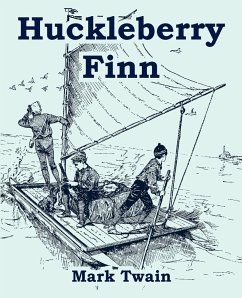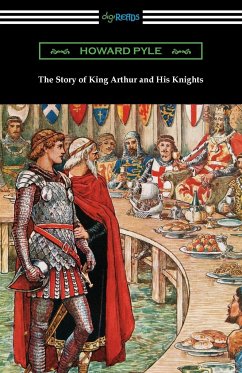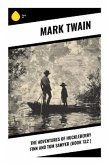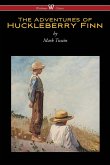The Adventures of Huckleberry Finn is an epic of boyhood. In it the author describes the adventures of a boy comrade of Tom Sawyer in a voyage down the great Mississippi on a raft. Huck stands out among Mark Twain's boy characters, he is the central figure of these episodes, which bring out his shrewdness, his humor, and his struggling conscience. It is a story faithful in the rendering of Southern dialects, and a good example of Twain's best work. This edition is printed in specially-designed large type for easier reading, and is printed on non-glare paper.
Hinweis: Dieser Artikel kann nur an eine deutsche Lieferadresse ausgeliefert werden.
Hinweis: Dieser Artikel kann nur an eine deutsche Lieferadresse ausgeliefert werden.








